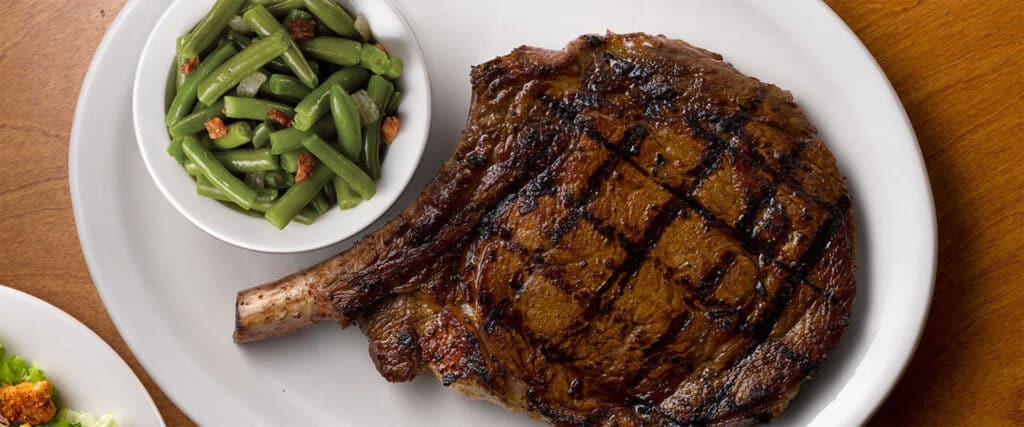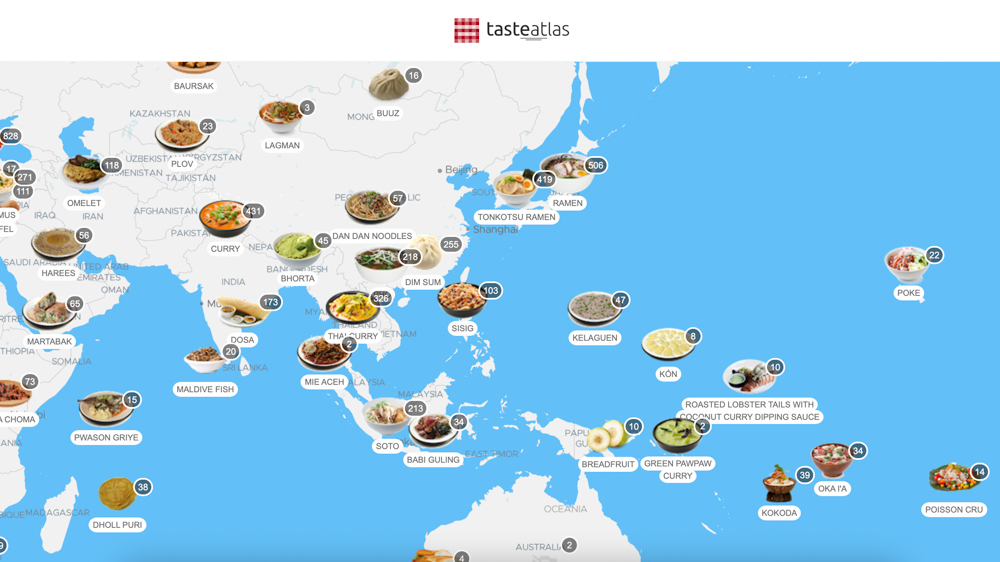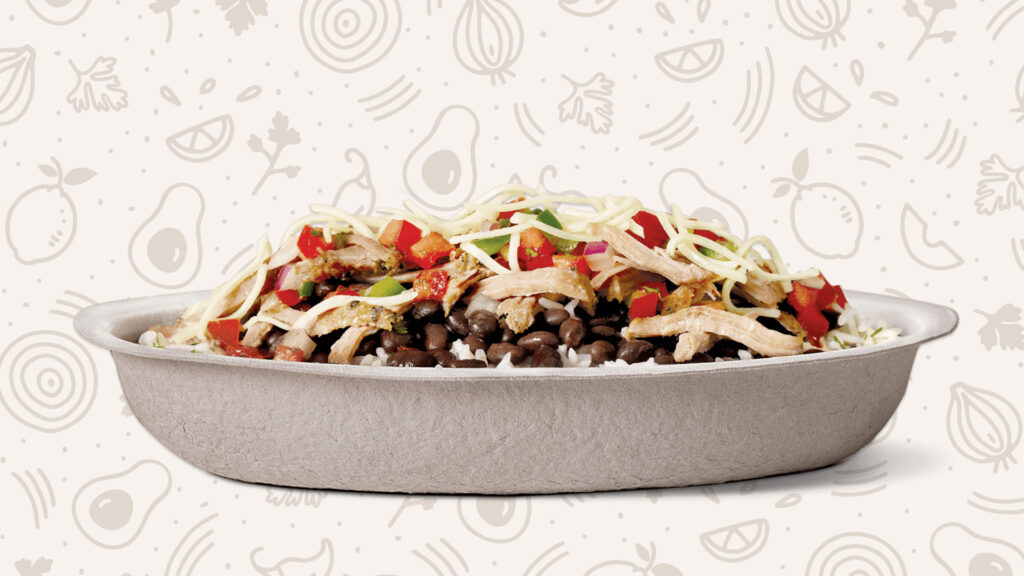Advertiser Disclosure: At Slickdeals, we work hard to find the best deals. Some products in our articles are from partners who may provide us with compensation, but this doesn’t change our opinions. Our editors strive to ensure that the information in this article is accurate as of the date published, but please keep in mind that offers can change. We encourage you to verify all terms and conditions of any product before you apply.
Reading Time: 6 minutesWith prices on the rise at your local grocery stores, it’s safe to say we are all looking for ways to cut down on our spending for food. Although some items are higher than others, such as meats, fish and eggs, the increasing costs for labor, delivery and ingredients have caused a spike across the board in nearly all food categories in some way.
To help those struggling to penny-pinch at the grocery store, we break down proven strategies to help you save money on your next grocery run. Whether you’re shopping for yourself or a large family, these tips are sure to keep you on a budget without having to cut back on your favorite food items. Follow along to find out more.
How Much Do People Spend on Groceries Each Month?
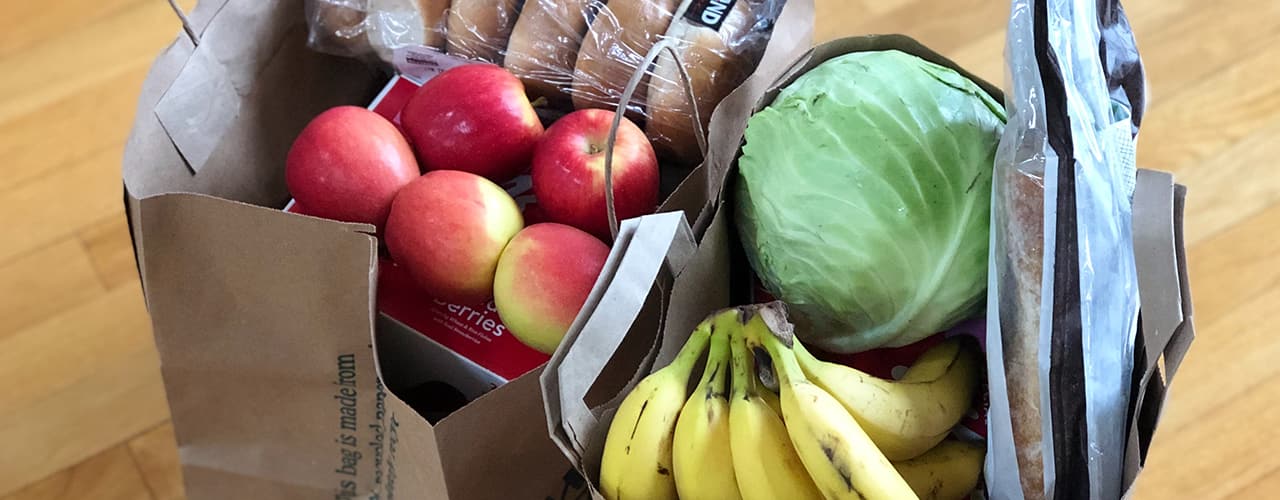
Credit: Unsplash
Currently, Americans have reported spending $611 per month on groceries in 2022 compared to $532 a month in 2021. According to the Bureau of Labor Statistics, consumer food prices have increased by over 7% since January of 2021. With this spike in prices comes a rise in grocery spending every month. This is an alarming statistic for those who are already struggling financially since the COVID-19 pandemic and making it harder to restock their pantry every month.
Tips on How to Cut Down on Your Next Grocery Bill
As prices continue to rise faster than wages, many households are looking for ways to help cut down on food costs — either by avoiding overspending or shopping for the best grocery deals. Here are some tips to help you keep costs down the next time you checkout at the grocery store.
1. Know Your Budget
Before you arrive at your local supermarket, have a set grocery budget in mind on what you can afford to spend, and stick to it. Defining your budget will help you plan out your shopping and avoid any surprises when you receive your bill total at the checkout.
2. Create a Shopping List, and Stick to It

Credit: Unsplash
Having a well-thought-out grocery list will help you avoid mindlessly wandering through the aisles without a plan.
This list should include all products or ingredients that you need to make healthy meals and snacks. Not only will this help you stay on budget but it can also help you avoid impulse buying. If it’s not on the list, it’s not an option!
3. Buy in Bulk (If You Have a Big Family)
With larger families of four or more, buying in bulk can be a beneficial strategy to save more money in the long run. Items like meat can be frozen for later, and non-perishable items such as grains can stored for a very long time, saving you a lot of money in the long run. You can find great prices at several wholesale retailers including Costco and Sam’s Club, and joining free loyalty programs at grocers like Kroger or Safeway can also yield savings along the way.
Although there is the added cost of membership fees for club warehouses, bulk purchases are still worthwhile for large families who shop 1-2 times every month. For example, if you spring for the Costco Executive membership for $120 a year but spend over $500 at Costco, you can easily get your money’s worth in fees back. Plus, you can also get 2% cash-back on purchases at Costco.
4. Buy Generic Store Brands
Swapping name-brand items for generic brand items is a great way to save money on groceries. When it comes to buying the best, don’t assume that bigger brand-name items equal better quality. Oftentimes, you can find the same ingredients including pasta, spices and cereals for less without anyone noticing the difference in taste.
5. Skip Frozen Meals

Credit: iStock
Although convenient, pre-packaged frozen meals can contribute to higher spending at the grocery store. Cooking from scratch is not only a cheaper option but it’s also a lot healthier than buying frozen. Both your wallet and health will thank you!
7. Don’t Buy Pre-Cut Fruits and Vegetables
Produce that has been pre-cut and pre-washed are going to be more expensive. They also have a shorter shelf life and may not taste as good as fresh fruits and vegetables. While it may be extremely convenient to cook with pre-cut ingredients, spending a little extra time washing and prepping your fruits and vegetables can save you money in the long run.
8. Don’t Overbuy Just to Get the Deal
While shopping on a budget, it’s helpful to avoid any kind of mass purchase deal. For example, deals that say “buy 3 and get 1 free” can convince you to spend more money than you intend without realizing it.
Unless you are meal prepping and know that you need a large amount for your meal plans, overbuying causes more wasteful spending than the savings you get. Overbuying can also lead to greater food waste as these items tend to expire faster than you get the chance to eat them. For this reason, it’s beneficial to learn more about expiration and sell-by dates so you can reduce food waste and save money.
9. Use Coupons Wisely
Coupons and rebates can be a helpful resource to save money on groceries so long as you use them wisely. Rather than purchasing unnecessary items for the purpose of redeeming a coupon, collect coupons only for items you regularly need such as toilet paper, bread, canned goods and so on.
10. Utilize Grocery Rewards

Credit: Unsplash
Since grocery shopping is a part of our weekly routine, it’s beneficial to strategize our credit card spending using specific grocery rewards cards to save money. Some credit cards offer generous cash-back percentages for grocery store spending, and over time, this can add up big time.
Tip: Buying gift cards at grocery stores may also count towards your cashback purchases.
11. Try Meatless Meals
With the rising costs of various grocery products, meat happens to top the charts on inflation. Curating your shopping list to include veggie-based meal options is a great way to keep you on budget. Experiment with cheaper protein-rich options such as lentils, tofu, beans or chickpeas.
12. Meal Prep
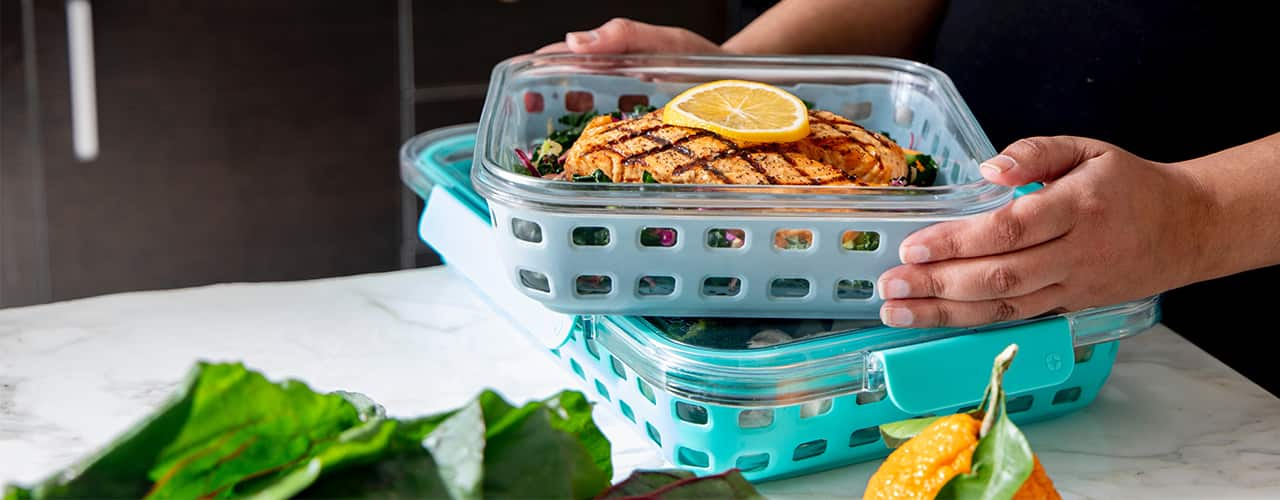
Credit: Unsplash
Preparing your meals for the week ahead can save you more time and money. Not only will this help you purchase only necessary ingredients at once, but meal prepping keeps you from racking up the bill for takeout or dining-in at restaurants.
13. Grow Your Own Vegetables
If you have the space, growing your own vegetables at home is a surefire way to save money on groceries. Compared to spending $10-15 for a one-time purchase of vegetables, you could be spending only a couple of dollars for seeds or plants that will keep you supplied for the entire season.
If space is limited, many apartment dwellers have turned to indoor gardens to help them grow herbs. That’s one less thing you will need to spend at the grocery store.
14. Cut Down on Food Waste
We’re all guilty of waiting too long to cook that chicken, or letting vegetables wilt because we didn’t cook them in time. Cutting back on food waste is one of the many ways that can help you cut back on spending because you won’t have to replenish food as often. You and your family can do this by planning out your meals, storing bulk meats in the freezer and discovering new ways to use all the food and vegetables that have a shorter shelf life.
For more tips on avoiding food waste, check out these clever food waste prevention gadgets!
15. Avoid Shopping While Hungry

Credit: iStock
Shopping while hungry can cause a substantial hit to your next grocery bill. Not only does it cause us to purchase more unnecessary items, but we’re usually tempted by far less healthy items too!
To avoid this, it helps to have a small snack before shopping or use a grocery delivery service to get your items without ever having to step foot inside the supermarket.
The Bottom Line
With the rising prices of groceries, it’s important to have a plan to stay on budget. Not only will these tips help you save money on groceries, but they will save you a ton of time and energy along the way too!


